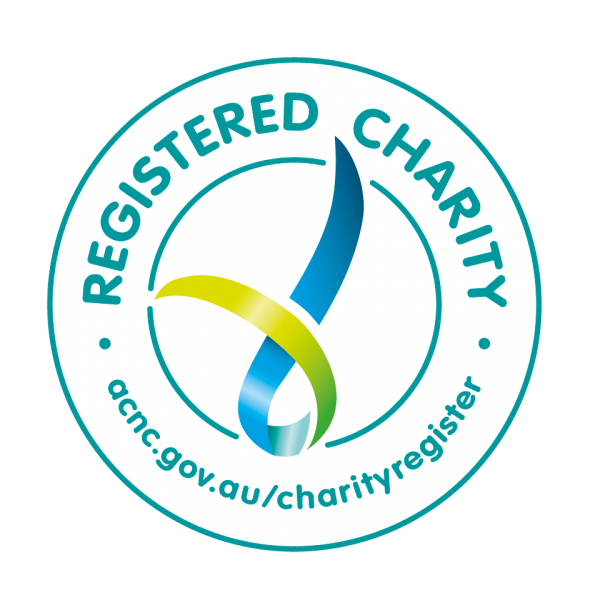Championing Sustainable Seafood for a Healthier Ocean
We will advocate for sustainable harvesting either through fishing or aquaculture: We will support and promote practices that ensure the long-term health of marine ecosystems. We will support education, training and discussions that ultimately assist consumers make informed choices. We will advocate a global level playing field in these areas.
The long-term health and vitality of our oceans is absolutely essential. By working together, we can make informed choices that support the well-being of marine ecosystems, local communities, and future generations.
Sustainable Fishing Practices
Sustainable fishing practices are crucial for maintaining the delicate balance of marine environments. These methods help prevent overfishing, protect endangered species, and reduce the impact on marine habitats. Key sustainable fishing practices include:
- Selective Fishing Techniques: Using methods like pole-and-line or handline fishing to target specific species, minimizing bycatch (the capture of non-target species).
- Fishing Quotas and Regulations: Adhering to scientifically determined catch limits to prevent overfishing and ensure fish populations can replenish.
- Marine Protected Areas (MPAs): Establishing zones where fishing is restricted or prohibited to allow marine life to thrive and ecosystems to recover. We believe there needs to be full monitoring of MPAs to ensure they are working to maximise their intended role.
- Innovative Gear Technology: Utilizing gear modifications like turtle excluder devices and circle hooks to reduce the bycatch of vulnerable species such as turtles and seabirds.
Making Eco-Conscious Seafood Choices
As consumers, our choices have a significant impact on the health of our oceans. Here are some tips for making eco-conscious seafood choices:
- Know Your Source: Research where your seafood comes from and ask questions of those you buy from. Choose products accordingly.
- Diversify Your Diet: Choose a variety of seafood to reduce pressure on popular species. Try lesser-known, sustainable underutilised species options and ask about seasonal products.
- Seasonal and Local Seafood: Where it is possible select seafood that is in season and locally sourced. Do not be afraid to ask your supplier questions about the products on display to ascertain what meets your criteria.
- Ask Questions: Don’t hesitate to ask your fishmonger or restaurant about their seafood options. The more questions you ask the more you will know.
- Your Government should be promoting the health benefits of its seafood so check their websites for the promotion campaigns and learn from their information.
- There is much confusion regarding Certification and Accreditation and the labeling needs improvement. We do not support one scheme over another but if you are wedded to such labels then ensure they are registered through the Global Sustainable Seafood Initiative (GSSI) which is a public-private partnership working together on a common purpose of turning seafood into a driver for good to preserve oceans for future generations and drive forward more sustainable seafood. Through its strong relationship with the UN FAO, GSSI is uniquely positioned to support its Partners in accelerating the implementation of the UN Sustainable Development Goals.
Recreational Fishing
As a seafood consumers association dedicated to promoting sustainability and responsible consumption, we recognize the important role that recreational fishing plays in our communities.
Recreational fishing offers a valuable opportunity for individuals to connect with nature, enjoy outdoor activities, and support local economies. However, it is crucial that these activities are conducted in a manner that supports the long-term health of our fish populations and marine ecosystems. We encourage all recreational fishers to:
- Adhere to local catch limits and fishing regulations to ensure that fish populations remain sustainable.
- Respect seasonal closures and protected areas to support the regeneration of fish stocks.
- Educate themselves on species identification and avoid catching endangered or protected species.
- Practice ‘catch and release’ where appropriate, and follow guidelines to minimize harm to the fish.
- Reduce their environmental impact by using eco-friendly fishing gear and not leaving litter behind.
- Participate in citizen science projects and support conservation efforts to contribute to the management and protection of marine resources.
- By adopting these practices, recreational fishers can help ensure that our marine environments remain vibrant and productive for future generations

